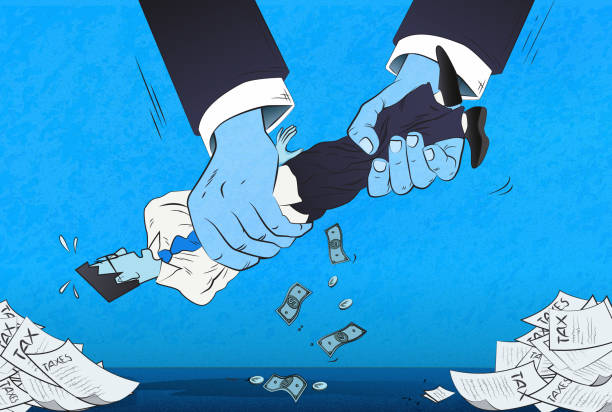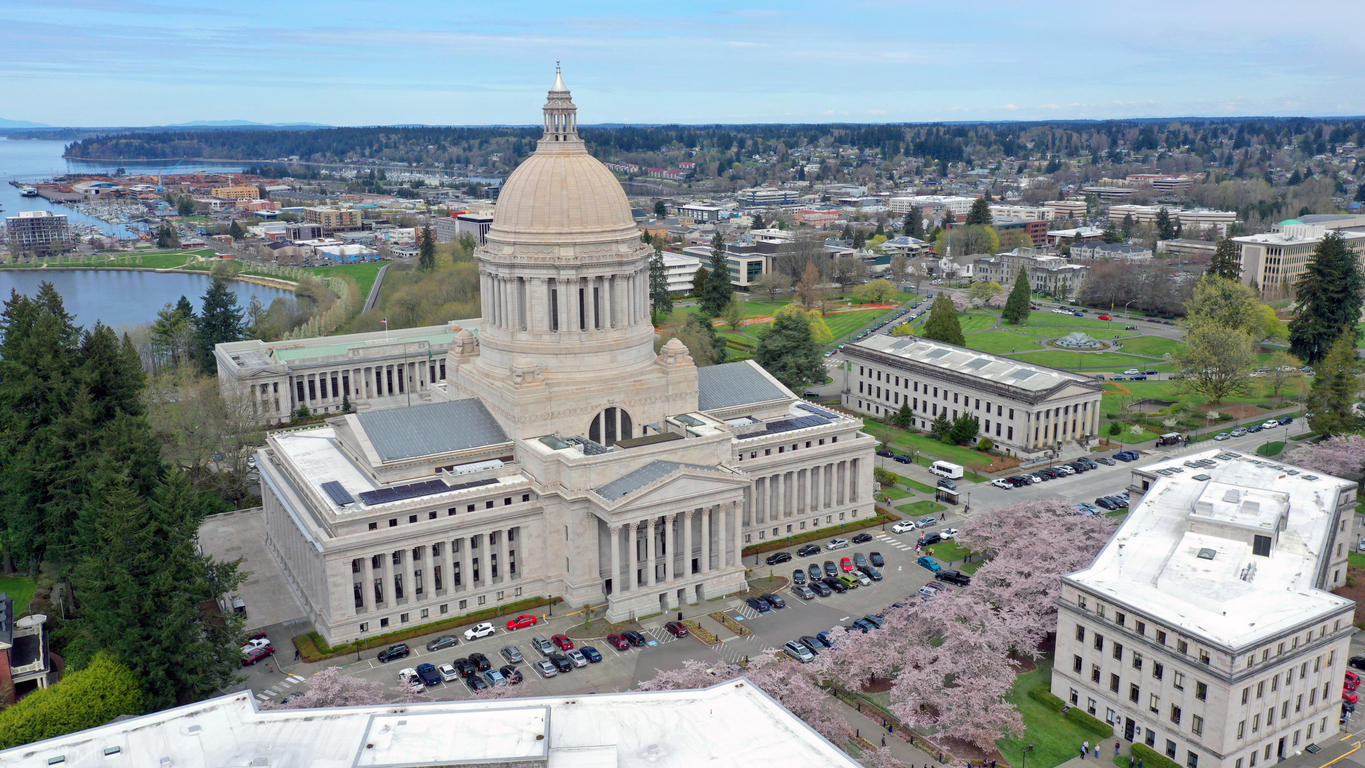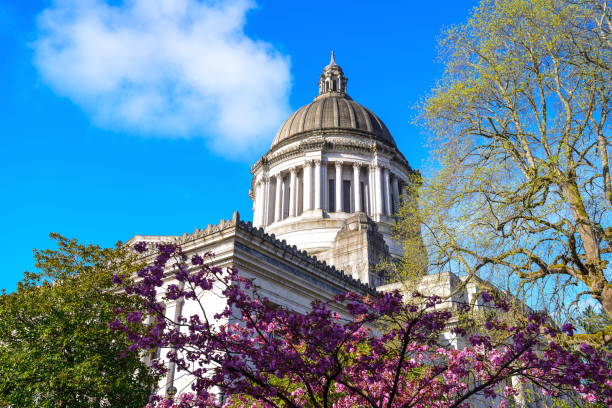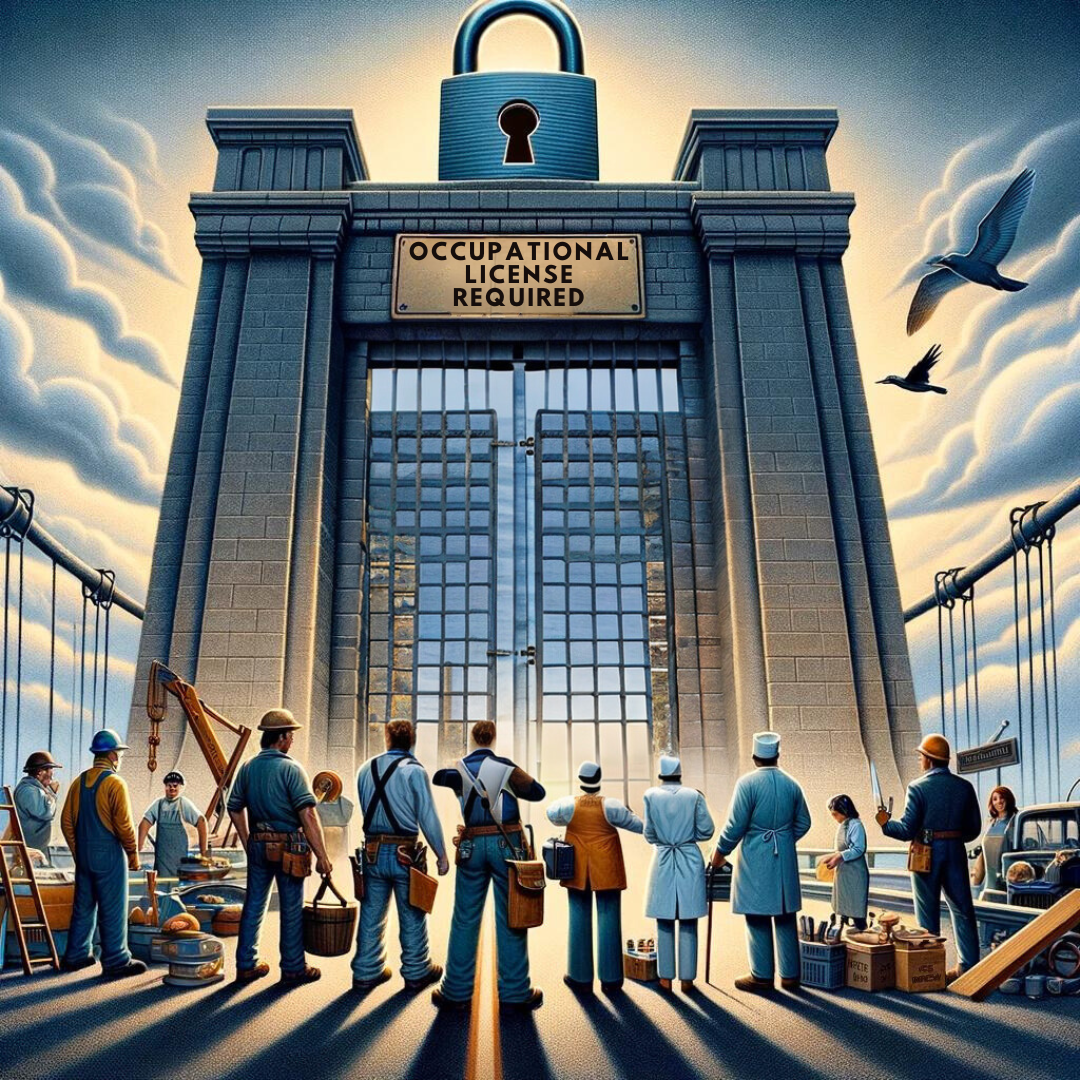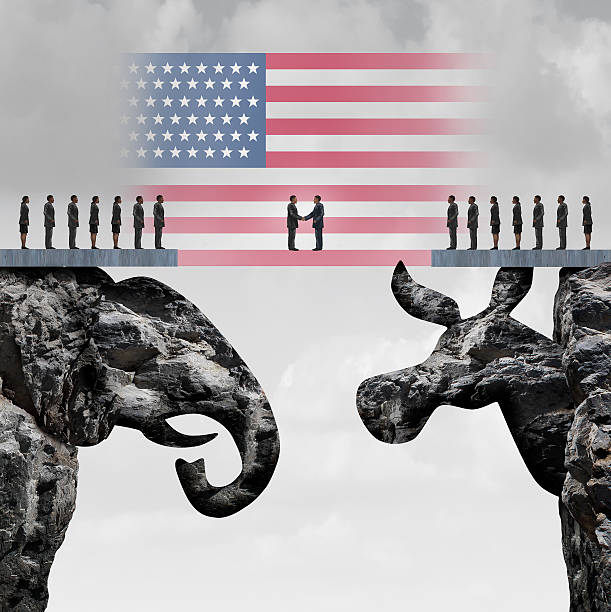Seattle Mayor threatens FBI investigation over release of secret collective bargaining details
Imagine receiving public notice of a meeting to discuss government collective bargaining that encourages public and press to observe and monitor the contract deliberations. Based on the current total secrecy that surrounds state and local negotiations in Washington that may sound impossible. Not if you live in Texas, however, where all contract negotiations are subject to the state's open public meetings law. Here is one such public notice (image below custom edited for size - full agenda notice here):

Idaho is another state that recently required government collective bargaining negotiations be done in the open. Last month I met with the Fire Chief for the City of Meridian and asked him if this year's open negotiations were any different than prior years that were done in secret. His response was that they occurred just like in the past only that the public and press were able to attend. Bottom line, the sky didn't fall as opponents of collective bargaining transparency here contend would happen.
Thanks to reporting by The Stranger we know that collective bargaining transparency has also become an important issue in Seattle. The following is from a May 24, 2016 legal brief filed by President Obama's Department of Justice (DOJ) concerning accountability for the Seattle Police Department (emphasis added):
"We also note that the Accountability Workgroups yielded a number of 'near-consensus' concepts for the future of SPD’s police accountability, including: possible modifications to the collective bargaining process to enhance the transparency of union negotiations; the selection and membership criteria for the members of the civilian organization tasked with police accountability responsibilities; and the streamlining of systems designed to collect and organize feedback to SPD from the various entities and community groups reviewing SPD actions. It is our understanding that each of these positions – both consensus and near-consensus – will be communicated to City legislators and will serve to inform and assist in their legislative process."
Responding to details released by The Stranger concerning the current secret contract negotiations with the Seattle Police Department, Mayor Ed Murray threatened an FBI investigation. As reported by the Seattle Weekly:
"But Murray also defended ongoing secret negotiations between the city and the police officers’ union, saying that he believes the negotiations—which will likely limit the strength of police oversight and discipline in Seattle for years—should be treated like any other labor negotiation. Police reform advocates have called for the negotiations to be public. After The Stranger published leaked documents which appear to show a draft contract that lacks strong reforms, Murray threatened to sic the FBI after the leaker. Today he called secret collective bargaining 'a core democratic principle.'
'Collective bargaining is a process that was established in law to protect workers and labor unions in this state,' he said today. 'It was a pretty bloody battle in the 1990s against the Republicans to get there. It is a process I respect.'"
The Seattle Weekly also has this update on whether the Seattle City Council even has a choice to accept or reject the secretly negotiated police contract.
As previously mentioned, however, Texas (along with many other states) requires transparency for government collective bargaining:
"Sec. 174.108. OPEN DELIBERATIONS. A deliberation relating to collective bargaining between a public employer and an association, a deliberation by a quorum of an association authorized to bargain collectively, or a deliberation by a member of a public employer authorized to bargain collectively shall be open to the public and comply with state law."
Just as should be the case for the current secret state employee contract negotiations occurring with the Governor, local government contracts should also be subject to public transparency. State and local employment contracts should not be negotiated in secret. The public provides the money for these agreements. Taxpayers should be allowed to follow the process and hold government officials accountable for the spending decisions they make on our behalf.
Instead of requesting FBI investigations we should be reforming our collective bargaining laws to mirror those of other states that let the light shine on these important government contract talks that impact the accountability and investment of our tax dollars.




